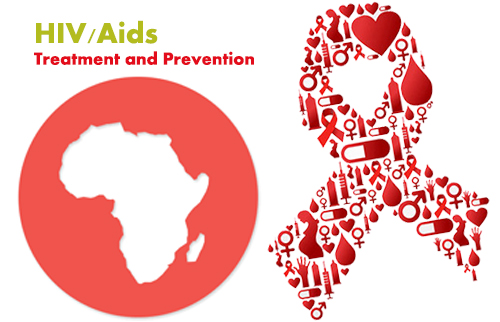Experts have called on the federal government and other stakeholders to invest more prevention of HIV infection interventions, while advocating for supportive policy and programmes.
Read Also: 65,185 Persons Living With HIV/AIDs In Akwa Ibom – Survey
They made the call at a media roundtable organised by AVAC Fellow 2020 in partnership with the Journalists Alliance for AIDS, JAAIDS, on the role of media in HIV prevention advocacy with the theme: “Advocating for supportive policy and programmes for effective HIV prevention interventions”.
The Key Population Advisor, Heartland Alliance, Mr. Michael said there was funding gaps for interventions needed by majority while interventions needed by fewer are funded most.
“We need more investment in prevention in order to match our investment in treatment, because we cannot leave people to be getting infested and we are much more interested in putting money in treating them. So we need to move towards investment in prevention,” he said.
On her part, Executive Director, JAAIDS, Mrs. Olayide Akanni, said it is focusing on prevention because it remains the Achilles heel of the response, adding that evidence for success in prevention efforts includes sustained processes that are combining socio-behavioural interventions with biomedical.
Also, she said that prevention interventions are still being underfunded as more emphasis has been laid on treatment over the years.
According to Akanni, UNAIDS 2018 data indicates that key populations and their sexual partners accounted for 64 percent of all new infections within the West and Central Africa region, while 160 young women aged 15 to 24 years become infected with HIV in the region every day.
She said Nigeria’s HIV prevalence stands at 1.5 percent in the 15 to 49-year-old population, saying: “The prevalence of HIV for key populations remains significantly higher.
“It is 27.4 percent for brothel-based female sex workers, 21.7 percent for non-brothel-based female sex workers, 17.2 percent for men who have sex with men, and 10.4 percent for people who inject drugs.
“Over the last years, Nigeria has focused a lot on treatment on HIV at the expense of prevention and we are explaining that you cannot continue to mop the floor when the tap is open.
We need to turn off the tap of new infections and ensure there is treatment. We still have gaps and inadequate investment in prevention.
“A lot of our prevention tools are still not widely available and we are growing a generation of young people who have limited information on HIV prevention.
“That is why we need to revive the efforts in creating awareness on HIV prevention if we really want to address the epidemic to zero no infection by 2030,” she said.
The 2020 AVAC Fellow, Ms. Josephine Aseme, said the roundtable was organised considering the role of the media in advocating for HIV prevention.
The roundtable seeks to highlight the role of the media in sharing information that is accurate and consistent for public engagement in HIV prevention advocacy. It also hopes to help create demand and informed advocacy for increased government investment in HIV prevention intervention.
The 2020 AVAC fellowship programme is a community-centred policy advocacy initiative that focuses on advocating for supportive policy and programmes for HIV prevention intervention, most especially pre-exposure prophylaxis, PrEP, implementation for key populations in Nigeria.
VANGUARD, NG










